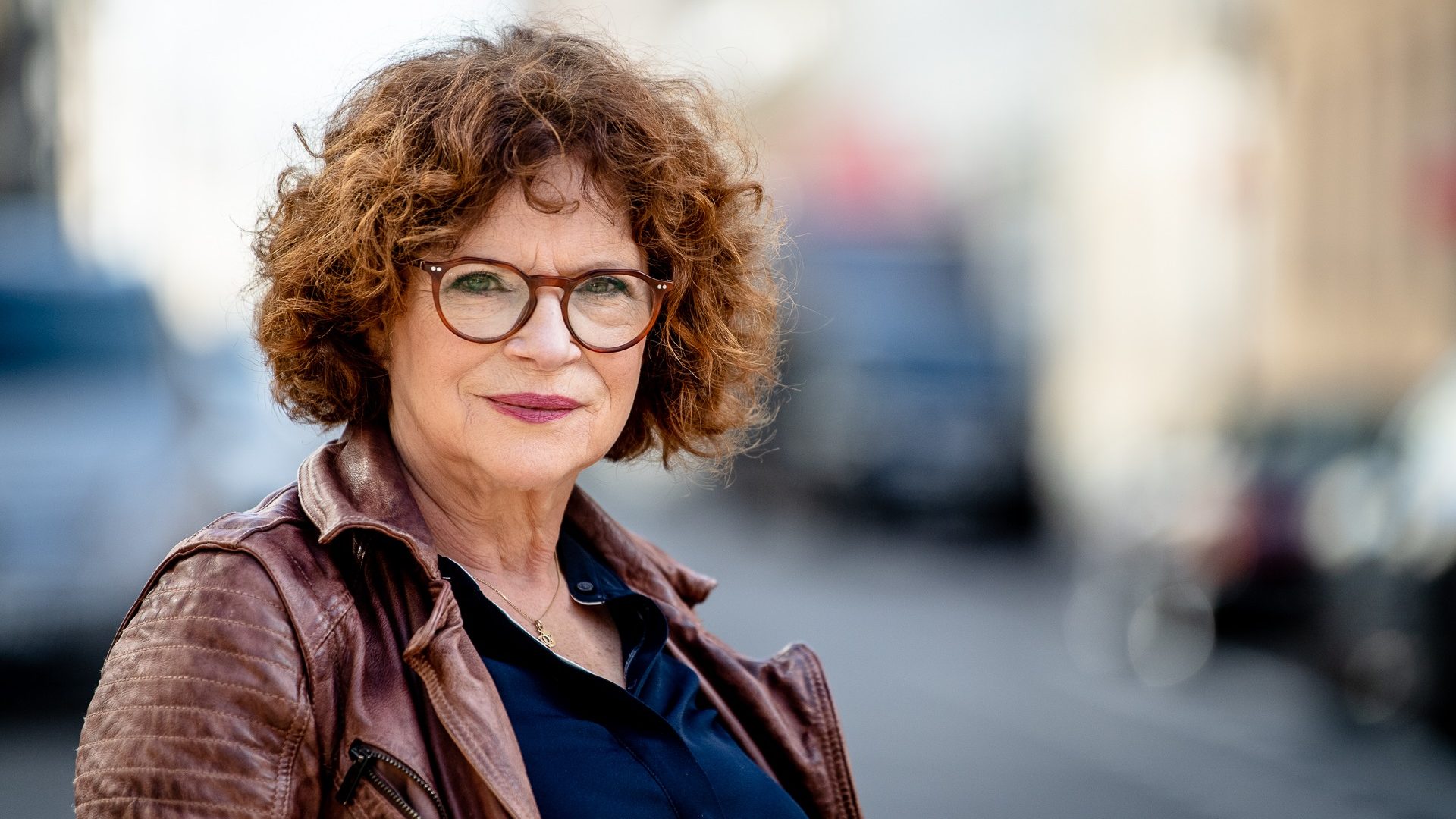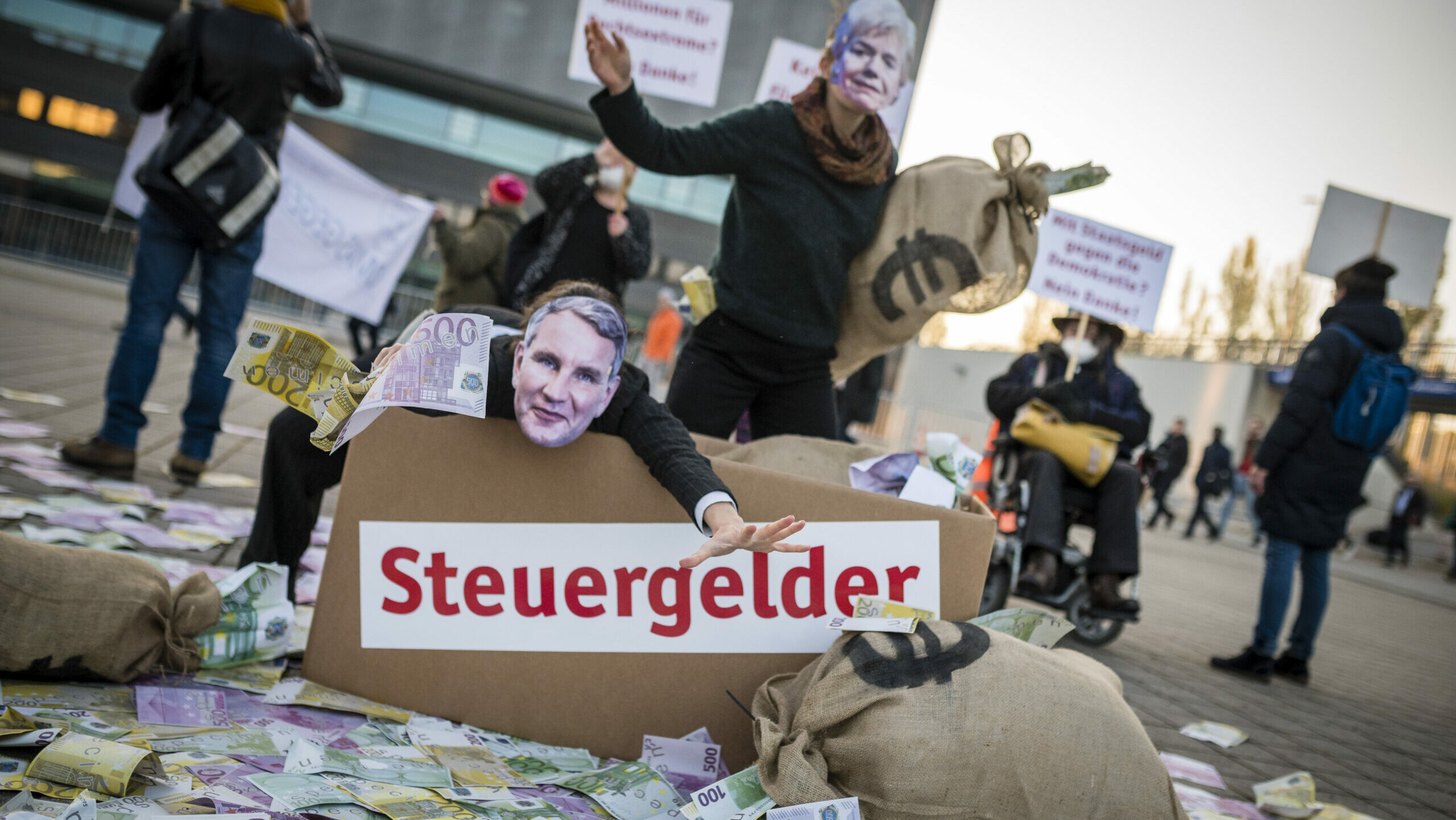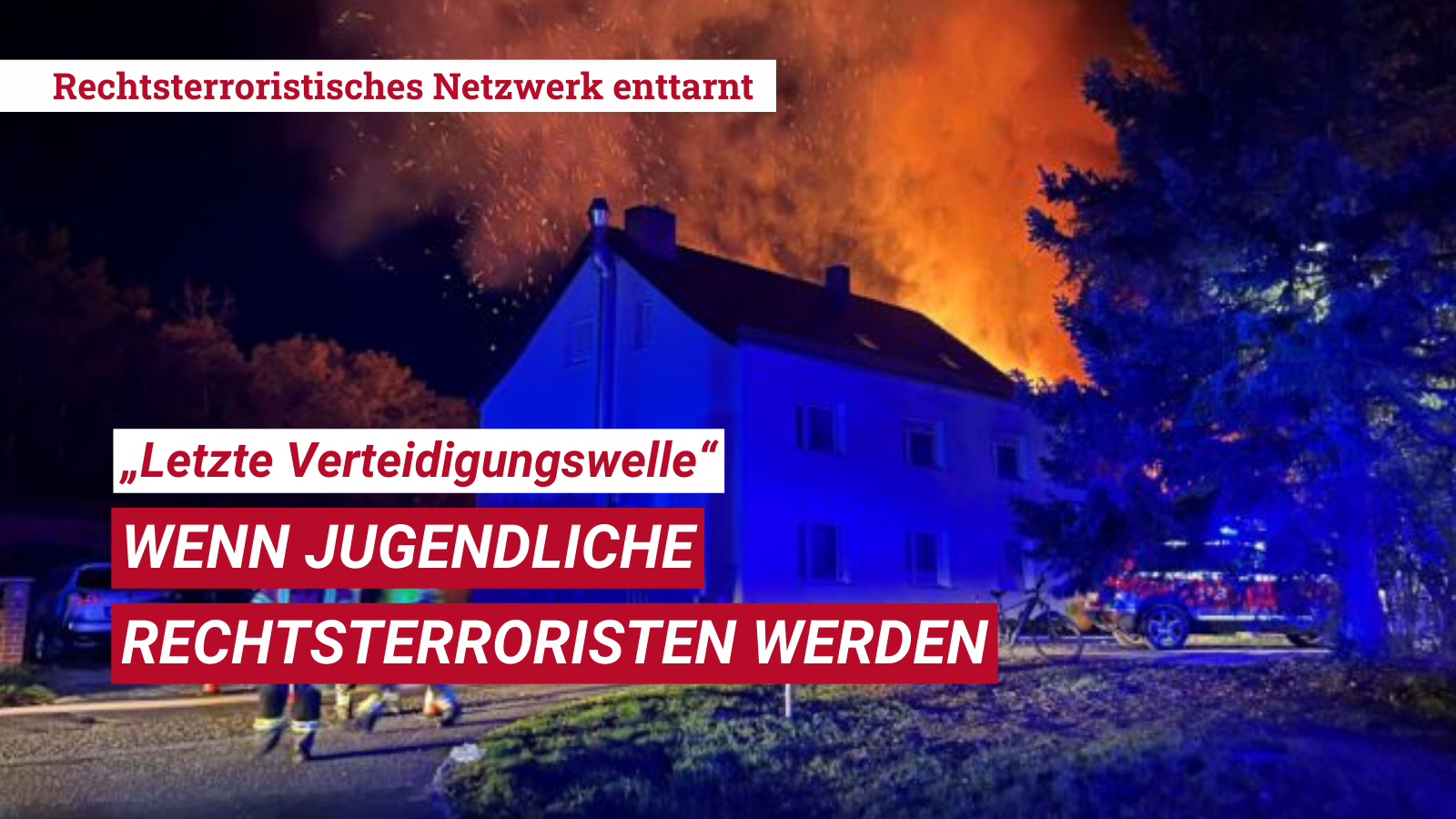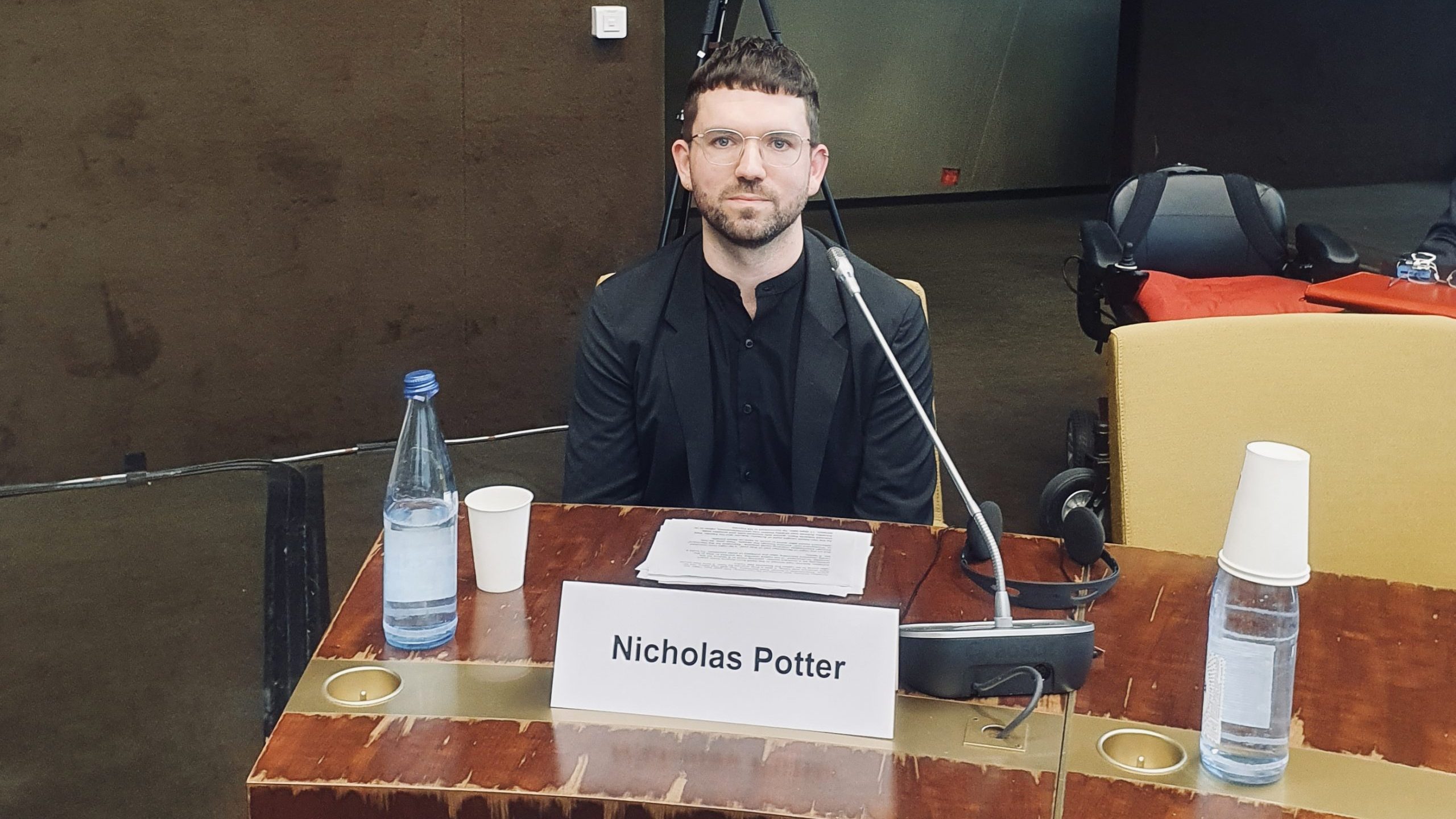Anetta Kahane is founder and chairwoman of the Amadeu Antonio Foundation. The Fika Project talked to her about polarization.
“We want to create a consciousness in society that is confident. Extremism cannot be prevented in politics. The question is how the whole society acts against extremism”, she says.
Can you give an example?
“An hour after that happened in the state parliament in Thüringen lately, where AfD manipulated democracy, people walked out into the streets and protested. That is a success. That stopped the situation there. I think that happened because we, all organizations that work to prevent extremism, have invested long-term in building self-confidence for these issues among many people.
My thesis is that resistance to extremism can only be built from the ground up in every city, school, organization and so on. We have to make people believe in human rights and democracy. Help them formulate arguments and be confident in presenting them. They should not be beaten by loud, confident and hateful Nazis or other extremists for that matter.”
How do you do that?
“Through grass root work. There has to be both quality and quantity. If you do many activities, it becomes obvious for people over time that you can live well together, for example with refugees or other immigrants. The individual activities can seem a bit boring and simple. But if you do them many times it becomes a normality.”
Can you give examples?
“Local and regional meetings and campaigns. There are mobile counseling teams coordinated across the country. Everyone have to be involved. The unions, the NGO:s, the sports associations and many others. That´s where the great potential is. The many initiatives. Amadeu Antontio Stiftung is small. But we have been building a national network and we are part of it. It´s a strong information system.”
How do you organize Amadeu Antonio Stiftung’s work?
“We work on different levels. Overall, we contribute to continuously keep awareness with our news portal ‘Belltower News’ as well as several publications and reports.
Our second level is our own operational projects. We are innovative and do things others cannot really do. One example is our project “Gaming and Nazis”, which has proved to be important. Digital and social media is another project, where we work with hatred online. We help organizations to not back down and withdraw. They must have the tools to stop, make a good debate and not pull out.
The third level is to find good projects and people we can support. We have to be close to those who actually can walk out on the streets and protest.”
Is it possible to talk to racists, extremists and the like to change their views?
“I think that strengthening the good forces is the right path. There might be situations, in a municipality or a school, where you can talk. But the question is what the power conditions look like. And what you really can do to strengthen the democratic direction.
But never discussion on a podium! And when talking, the rules must be clear and there should be no room for demagoguery. And always in relation to society and not in relation to any person or group of people. And most important, there has to be clear rules. No racism, no racist attacks.”
Is it always wrong to arrange public meetings and talks with extremists?
“Yes, that’s wrong. That a democrat like me, or someone who has a migration background, should talk to someone who wants to destroy them, is unacceptable.”
How about discussions in social media?
“Social media is important. There are so many who read every post. If you start such a discussion, you have to be very clear about what it is about. You have to help those who are attacked. You have to clearly articulate what you disagree with. It’s complicated, since it is not about convincing an extremist. It is about convincing everyone else who is listening or reading.”
Is there a risk that polarization will increase if people with widely different views don’t talk to each other?
“I never talk about polarization. The German Constitution states that all people are equal and have the same value. There must be no discrimination because of where someone comes from, what gender they have and so on. It is a basic principle of democracy.
I don’t want us to depolarize. I want us to stick to the constitution of all people’s equal value. That is what we are fighting for. It is a major conflict when some people do not think that all people should be treated equally because of religion, skin color, gender and so on. I don’t think so. I believe we have to fight for it.
It was the same with women’s liberation and equality or the struggle of gays. Everything takes time and the fight must be fought. It takes tremendous power to change that. The conflicts that arise must always be addressed. What you call polarization, I call conflict. The conflict must be fought.”



